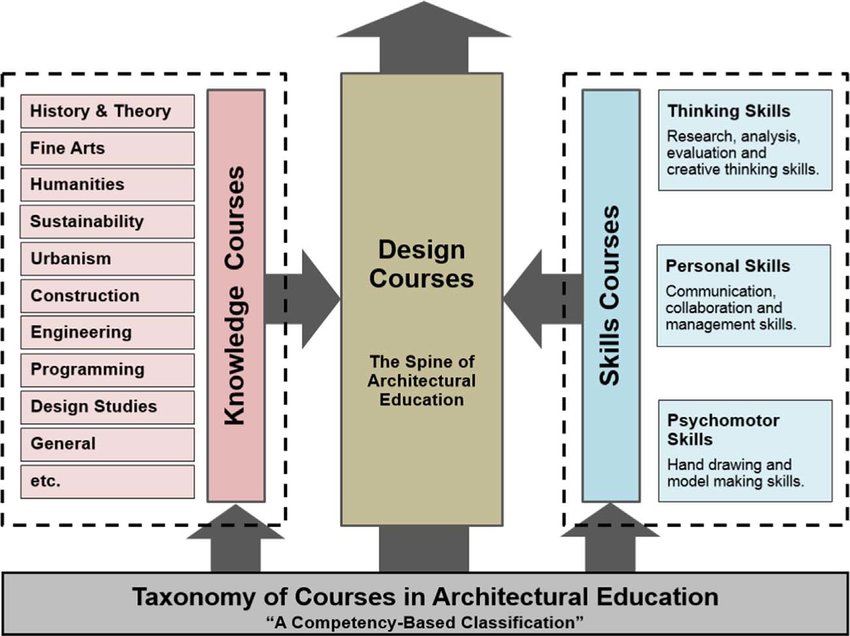A civil engineering degree equips you with the knowledge and skills to design, construct, and maintain the physical infrastructure that supports our society. From roads and bridges to water supply systems and buildings, civil engineers play a vital role in shaping the built environment.
Civil Engineering Degree
Civil Engineering is all about the planning, construction and maintenance of human-made structures. These include buildings, roads, bridges, canals and dams. Most civil engineering is funded by the central government. It’s the most significant branch of engineering after military engineering.

What You’ll Learn
A civil engineering curriculum typically covers a broad range of subjects, including:
- Mathematics and Physics: The foundation for understanding engineering principles.
- Mechanics and Materials: How structures behave under different loads and the properties of various construction materials.
- Structural Analysis: Designing structures to withstand forces like wind, earthquakes, and gravity.
- Geotechnical Engineering: Understanding soil and rock mechanics for foundation design.
- Hydraulics and Hydrology: Managing water resources and designing water systems.
- Transportation Engineering: Planning and designing transportation infrastructure, including roads, bridges, and airports.
- Environmental Engineering: Protecting the environment through sustainable design and construction practices.
- Construction Management: Overseeing the construction process from planning to completion.
Career Paths
With a civil engineering degree, you can pursue a variety of career paths:
- Structural Engineer: Designing and analyzing structures to ensure safety and efficiency.
- Geotechnical Engineer: Investigating soil and rock conditions for foundation design.
- Transportation Engineer: Planning and designing transportation systems.
- Water Resources Engineer: Managing water resources and designing water systems.
- Environmental Engineer: Protecting the environment through sustainable solutions.
- Construction Manager: Overseeing the construction process.
- Civil Engineering Consultant: Providing expert advice on engineering projects.
Why Choose Civil Engineering?
- Impactful Work: Civil engineers contribute to building a better world by creating essential infrastructure.
- Diverse Career Opportunities: The field offers a wide range of specializations and job roles.
- Strong Job Market: The demand for civil engineers is consistently high due to the ongoing need for infrastructure development.
- Problem-Solving and Innovation: Civil engineers use creativity and critical thinking to solve complex challenges.
Would you like to know more about specific areas of civil engineering, such as structural engineering or environmental engineering?

